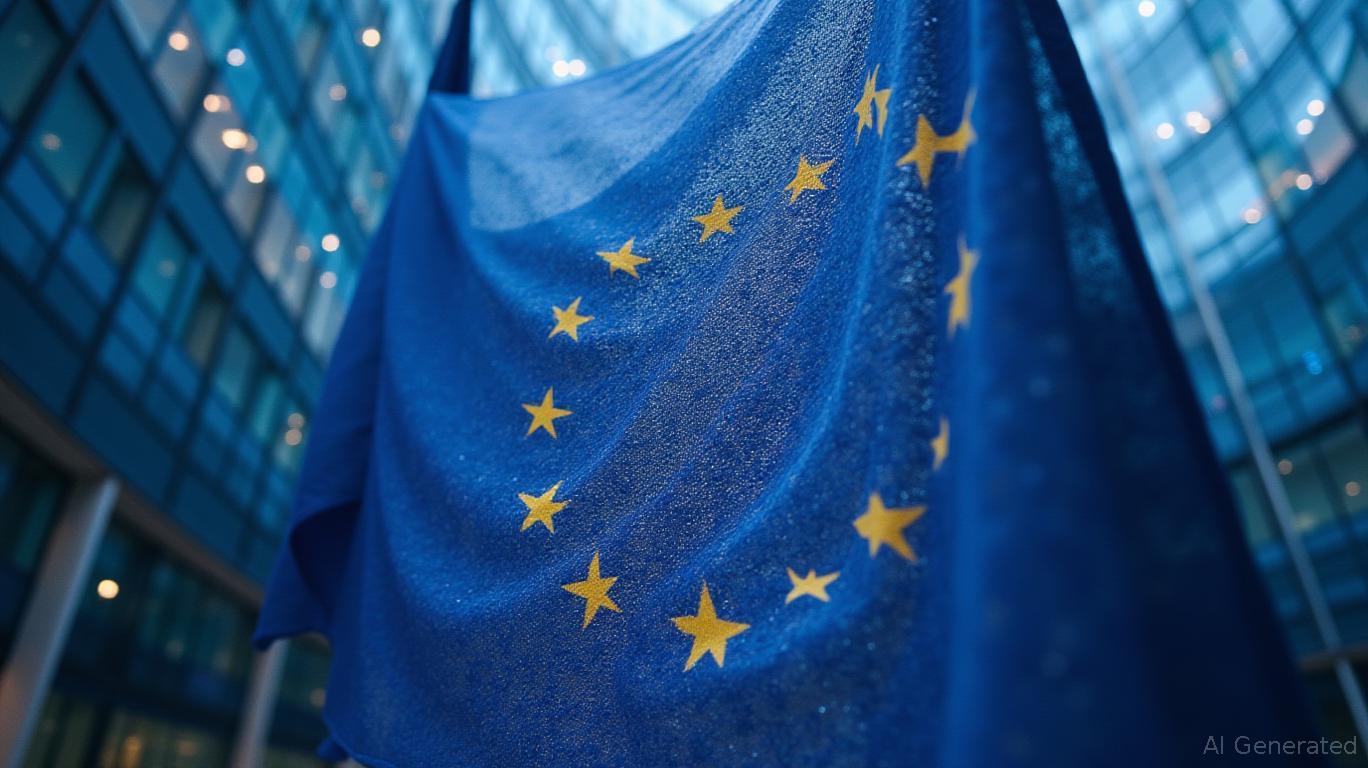EU Takes Action Against First Crypto Exchange to Combat Sanctions Circumvention

The European Union has stepped up its crackdown on sanctions evasion—particularly via crypto platforms—by unveiling its 16th round of measures against Russia. Announced on February 24, 2025, these actions coincide with the third anniversary of Russia’s invasion of Ukraine and significantly broaden restrictions on
The latest sanctions also target Belarus with parallel trade and financial restrictions and crack down on Russia’s “shadow fleet” of 74 ships circumventing oil price limits. Financial controls were also tightened on foreign banks operating the Russian SPFS messaging network, aiming to curtail alternative payment infrastructures. Oversight of crypto wallets and services was heightened, reflecting mounting concerns about how digital assets facilitate unlawful financial conduct. Garantex, now Russia’s dominant crypto exchange, enabled users to swap rubles for crypto to dodge capital controls, exploiting the pseudonymous features of blockchain to conceal transaction details. Despite asserting cooperation with regulators, Garantex’s business organization was found to have links to sanctioned parties, including a convicted gang boss and a terror group associated with Hamas ICIJ - EU Sanctions Russian Crypto Exchange Garantex [ 1 ].
The EU’s latest actions also hit a wider array of individuals and organizations accused of spreading disinformation and manipulating elections. Simeon Boikov, a pro-Russian influencer known as “AussieCossack,” was sanctioned for distributing fake news, including claims about voter fraud in Georgia during the 2024 U.S. elections. Boikov’s fundraising through crypto and cash-to-crypto channels demonstrated the difficulties in tracking illegal finances. A7 OOO, a company tied to Moldovan tycoon Ilan Shor, was sanctioned for interfering in Moldova’s 2024 elections and EU membership referendum, reportedly moving $1 billion out of Moldovan banks. This entity’s use of a ruble-based stablecoin on Grinex—a successor to Garantex—highlighted the intertwined nature of sanctioned crypto networks in supporting both dual-use goods trade and financial evasion DISA.org - European Union Imposes Sanctions on Cryptocurrency Network Linked to Russia [ 3 ].
Experts observe that the EU’s strategy marks a shift toward dismantling the entire ecosystem behind influence operations, targeting not just content distribution but also the financial systems that sustain them. Yet, enforcement remains challenging—especially in decentralized finance and privacy-focused cryptocurrencies. Although blockchain analytics tools such as Elliptic and Chainalysis assist in following the money, peer-to-peer trades and privacy coins are still difficult to track. Analysts caution that Russia may respond by ramping up initiatives like its digital ruble or using state-operated systems to evade existing financial networks. The EU’s clampdown could also help standardize anti-money laundering and sanctions enforcement globally as other regions may follow suit Cryptonews - EU Adopts New Sanctions, Crypto Restrictions Against Russia [ 2 ].
The expanded restrictions on crypto and tighter financial controls are designed to erode Russia’s economic strength and cut off alternative funding streams. By targeting both conventional trade and digital asset transactions, the EU aims to shut the loopholes used by sanctioned actors. However, the success of these efforts depends on worldwide cooperation and the ability to address the borderless, anonymous nature of digital currency transfers. As the EU refines its sanctions approach, its focus on crypto platforms and their role in international disputes underscores a broader acknowledgment of digital assets as both a means of financial resilience and a focal point for regulatory oversight Catenaa - EU Tightens Sanctions on Russia, Expands Crypto Rules [ 4 ].